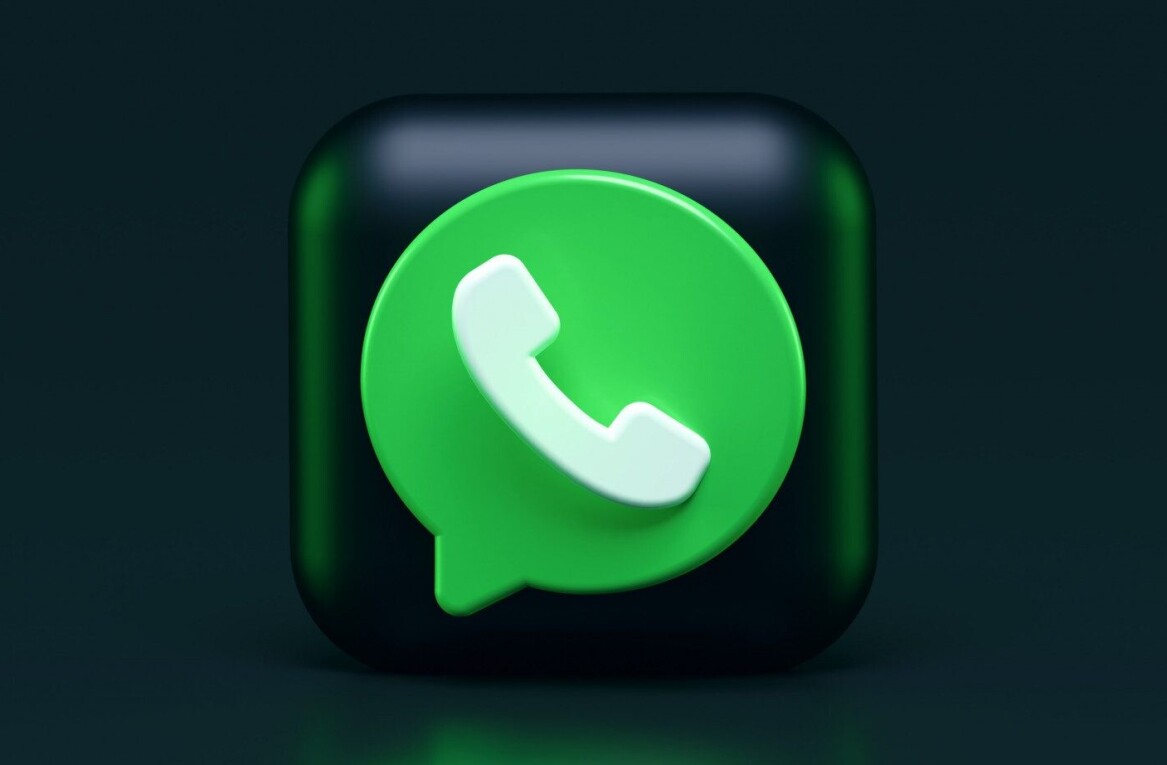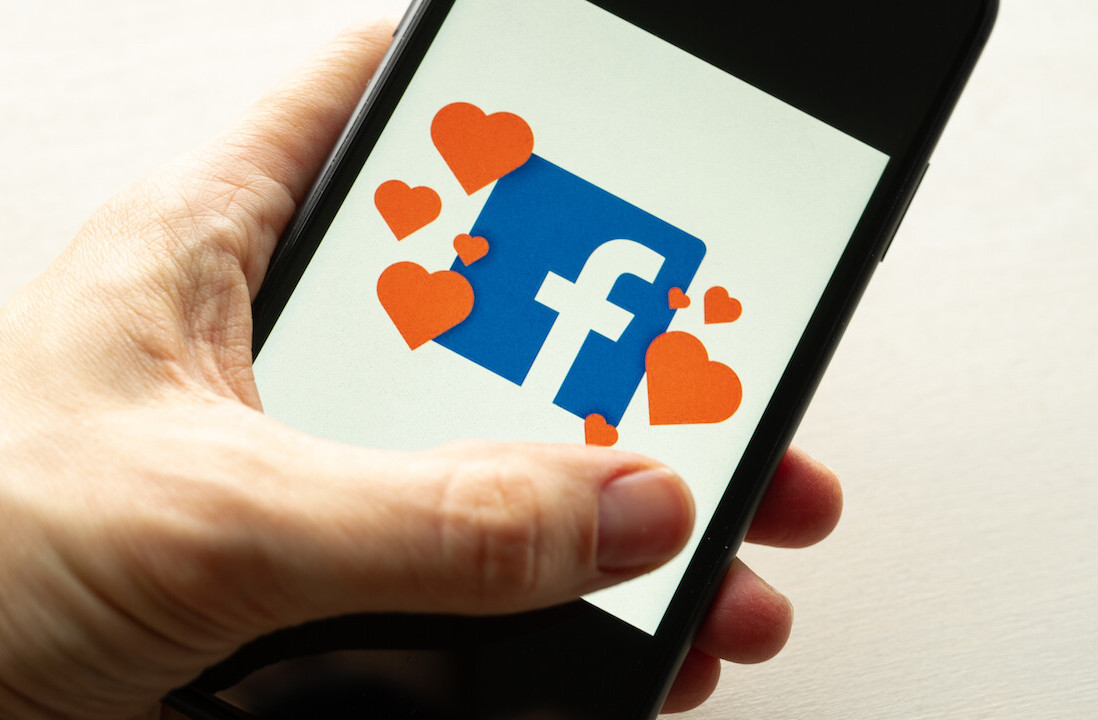
WhatsApp made one of its most controversial changes to its privacy policy last week. The new policy gives the app more freedom to integrate with Facebook and let users chat with businesses easily; this also means the app will collect a lot of your data.
Because of this change, there has been a lot of outrage and folks are looking to leave the Facebook-owned chat app and head to other alternatives. Currently, Telegram and Signal have come out as front runners of this WhatsApp replacement race.
[Read: Here’s what that WhatsApp privacy policy pop-up means for you]
Both apps have their pros and cons, and there are plenty of posts on how they fare feature-wise. For this post, I want to compare Telegram and Signal’s privacy features and policy with WhatsApp to see how much of your data these apps are using and how secure they are.
Telegram
Telegram has been one of the biggest WhatsApp rivals — even before the latter’s privacy policy change. The platform — approaching 500 million users — has a lot of unique features that make it a popular choice for a WhatsApp alternative. One of the most celebrated features of Telegram is that you can avoid giving your phone number and use your username to add people.
If we look at the app’s privacy policy, it collects your phone number and contacts when you sign up. In addition to this, the app will also be able to access your username and profile picture. Optionally, if you want to use two-factor authentication using email, the company will capture that data. However, the company claims that the collected data is not used to serve you ads.
While this is mostly standard stuff, Telegram is a cloud chat service, which means, unlike WhatsApp, you can use it on multiple devices and your chats are always synced. While the app uses client-to-server encryption, your chats are not end-to-end encrypted.

Technically, anyone with access to Telegram’s servers could read your chats. The app’s moderators and automated algorithms use this to prevent spam and abuse on the platform. The app also collects basic device data and IP addresses for moderation.
The only way to ensure no one reads your chats is to use Telegram’s secret chat feature that applies end-to-end encryption. So, whatever you send in the secret chat is protected.
The company allows bots to interact with you on the platform, and by default, privacy mode is enabled so that they can’t read your chat. But if a bot has been added as an admin of the group, it’ll be able to read your messages — even if it isn’t directed towards it. While the app allows bots to facilitate payments, all the transactions are handled by third-party providers and the company doesn’t store your financial data.
You can read Telegram’s privacy policy here. Heimdal Security also has a good technical breakdown of the app’s security protocols.
Signal
Signal is an open-source app managed by a non-profit entity. The app supports end-to-end encryption for all features, meaning no one can read your chats or snoop on your calls.
Its privacy policy suggests it just uses your phone number for registration and after that point, it knows nothing about your account. For contact discovery the app sends truncated cryptographically hashed phone numbers; names of the contacts or any other information is neither transmitted nor stored on the app’s server.

In addition to this, Signal has a ton of other privacy features, such as screen security to prevent the app preview from appearing in the app switcher, so no one could look at your messages over your shoulder. You can also set account and registration PINs for extra security.
Because of these security restrictions, Signal allows only P2P backup transfer on iOS and manual back up on Android.
You can read Signal’s full privacy policy here.
Conclusion
WhatsApp’s new privacy policy hints that the app will collect a lot of data and it will be shared with Facebook, which doesn’t have a good track record of handling user data.
In terms of its alternatives, Telegram collects less data, but it doesn’t have end-to-end encryption. While the app may not be reading all your messages, you need to keep this in mind if you’re conveying sensitive data.
Signal is a bit more secure if you count the end-to-end encryption for all chats, but you might lose some of the features. Choose your fighter.
Get the TNW newsletter
Get the most important tech news in your inbox each week.




